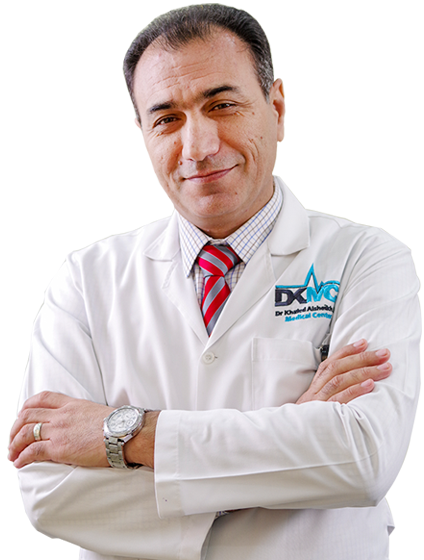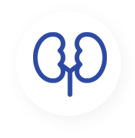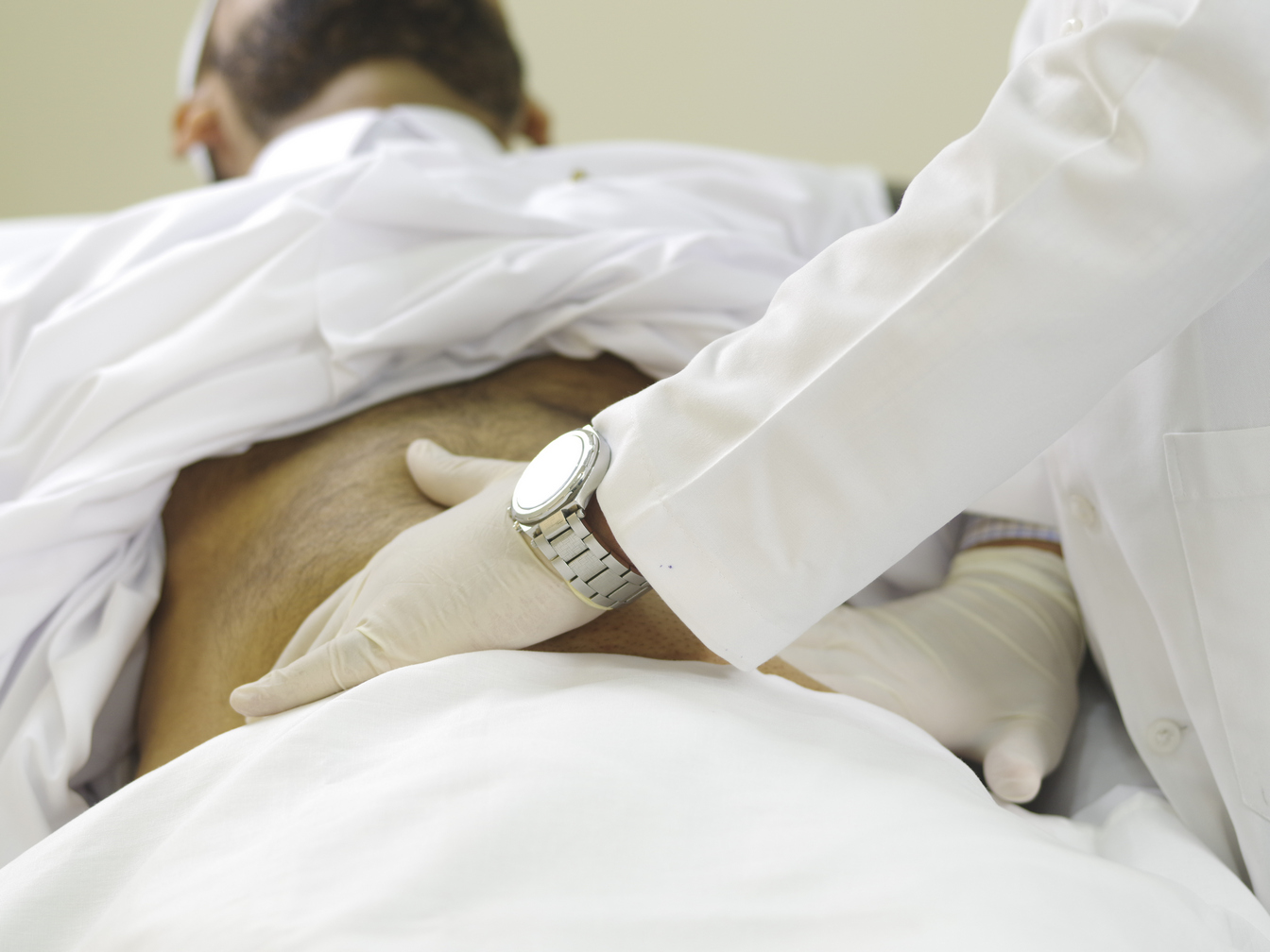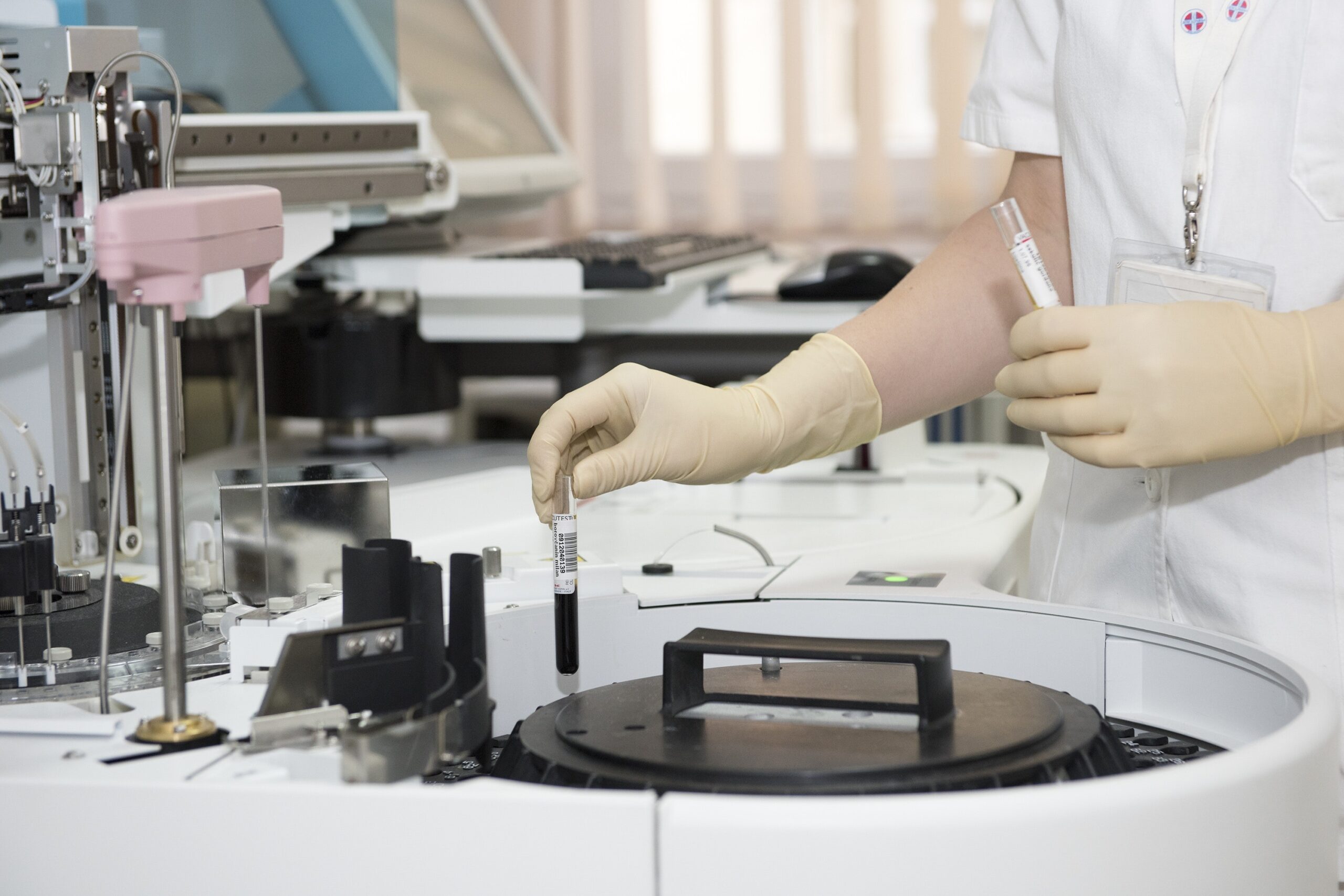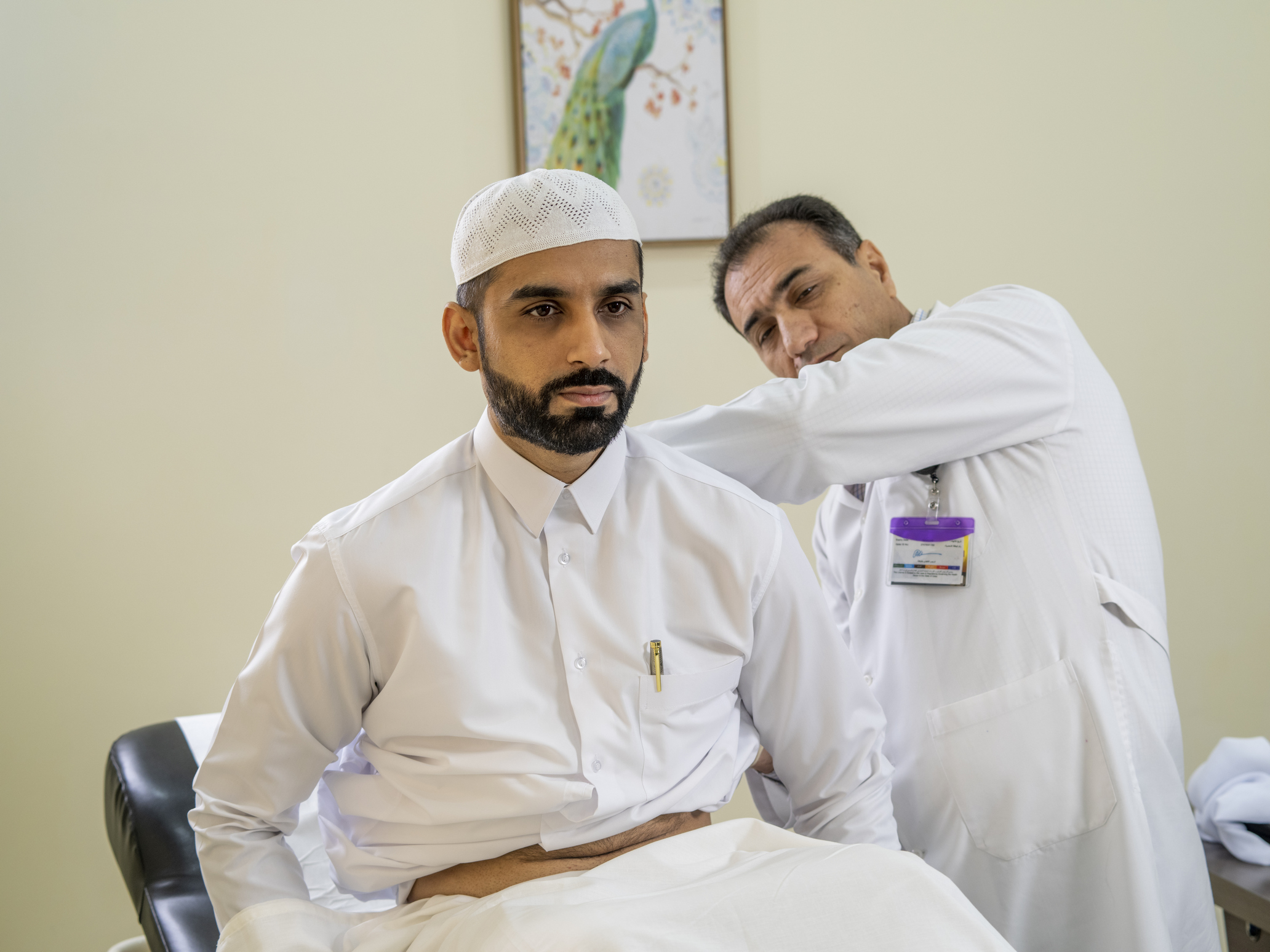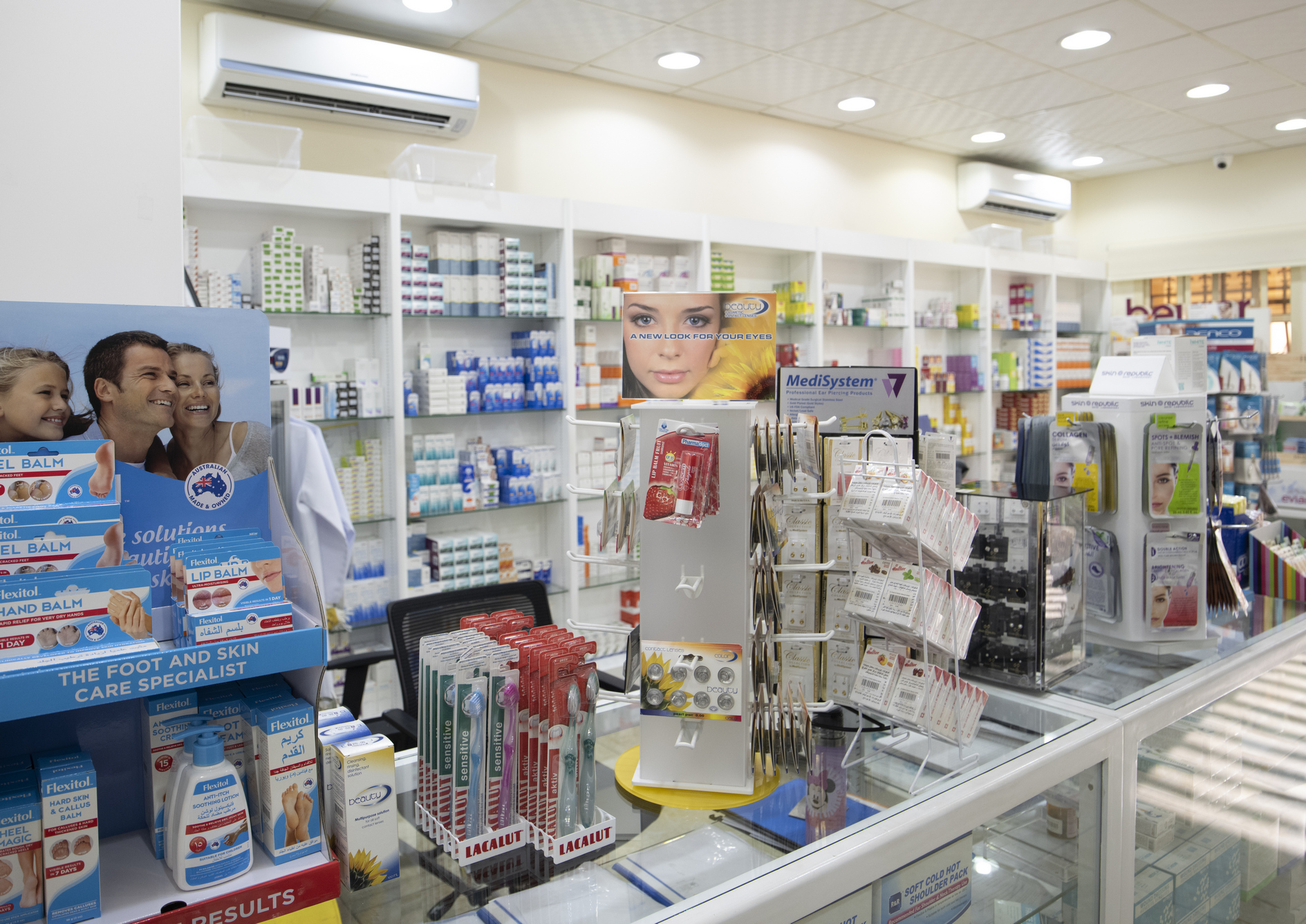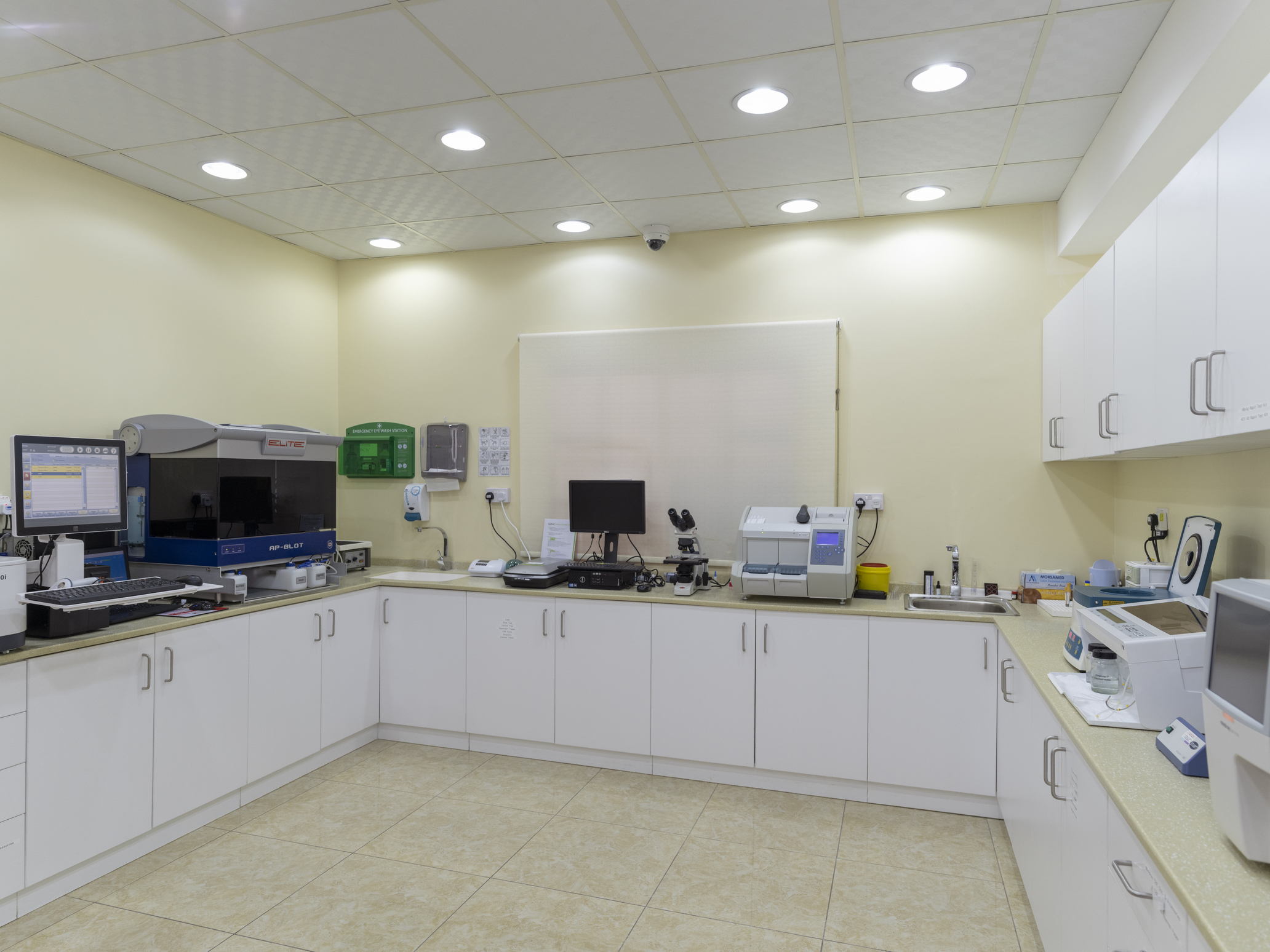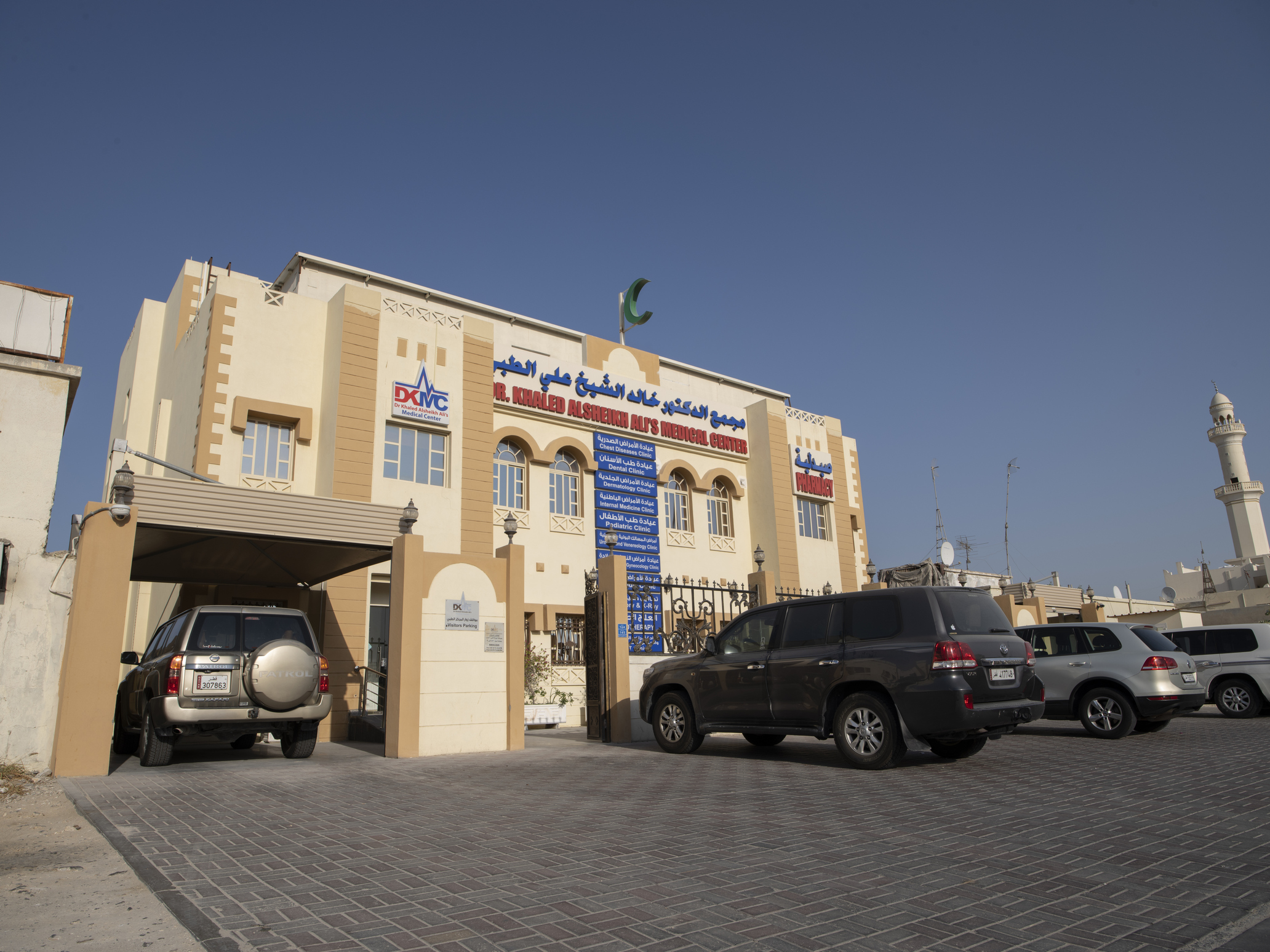The Urology Clinic offers the following services:
Diagnosing and Treatment of Erectile Dysfunction: may be caused by many reasons, some of which could pertain to the nervous system, psychological conditions and diabetes. Sexual problems include ejaculation disorders such as premature ejaculation, delayed ejaculation and recurrent ejaculation.
Diagnosing and Treatment of male infertility: One of the main causes of male infertility lies with the testicular gland and/or the pituitary gland, varicose veins which could appear spermatic cord, resulting in overheating of the testes thus affect sperm production. By using imaging technology and a comprehensive medical exam, these cases are diagnosed, and can be treated with a detailed medical plan.
Diagnosing and Treatment of Sexually Transmitted Diseases and/or Infections (STDs/STIs): a comprehensive medical examination including extensive laboratory works can identify STDs/STIs such as gonorrhea, chlamydia and herpes. The clinic provides a thorough medical treatment plan customized for each patient needs.
Diagnosing and Treatment of Prostate-related Issues: including
- Acute and chronic prostatitis, which most often occurs between the ages of 20 and 45 years of age, and is usually caused by prolonged sitting and transmission of germs from the urethra to the prostate and needs long-term treatment.
- Enlarged Prostate: is the most common problem facing men over 50 and may be due to hormonal imbalances. However, annual checkups are highly recommended to ensure that the enlarged prostates do not develop into more serious cases such as malignant tumors,
Diagnosing and Treatment of Urinary Tract Stones: these stones may lie in the Kidneys, Ureter or the Bladder. They can occur with both men and women, and the occurrence of stones is more likely in patients who live in hot climates due to excessive sweating, high animal protein intake, lack of hydration (drinking water), or lack of physical activity. Stones are diagnosed through imaging and a comprehensive treatment plan is provided to each patient needs.
Treatment of Urinary Tract Infections (UTIs): such as acute and chronic pyelonephritis and bladder infections. Treatment includes hydration, antibiotics as prescribed by medical team and increased personal hygiene.
Diagnosis of Urinary and Reproductive Abnormalities in both Children and Adults: such abnormalities present in different ways such as absence of a kidney or fusion of the kidney, ascites (enlargement) of the kidney or ureter and ureteral cystic islands. Cases are diagnosed through ultrasound imaging. The clinic recommends that all newborns are brought in shortly after birth to check aforesaid abnormalities.
Diagnosing and Treatment of Abnormalities and Diseases such as:
-
- Testicular Tumors: which are manifested by testicular pain, swelling and fever.
- Acute and chronic testicular and epididymitis: usually manifests itself in swelling and pain in the testes.
Treatment of Testicular Issues that Appear in Children: the following cases may be present with boys:
- Testicular Torsion: most commonly occurs in teenage boys, shortly after puberty. Newborn babies and younger children sometimes develop this problem. It presents suddenly and painful in the testes, and requires emergency surgical intervention to prevent permanent damage.
- Retractile testicle: For most boys, the problem of a retractile testicle goes away sometime before or during puberty. The testicle moves to its correct location in the scrotum and stays there permanently. Sometimes the retractile testicle remains in the groin and is no longer movable. When this happens, the condition is called an ascending testicle or an acquired undescended testicle. Through medical intervention it may be corrected.
- Inguinal Hernia: occurs when tissue, such as part of the intestine, protrudes through a weak spot in the abdominal muscles. The resulting bulge can be painful, especially when coughing, bending or lifting, Sometimes the hernia will be visible only when an infant is crying, coughing or straining during a bowel movement. He or she might be irritable and have less appetite than usual. o Hydrocele around the testicle: pretends to be a large testicle.
- Treatment of Nocturnal Urinary Incontinence: or bedwetting in children is the loss of full control of urination, although normal to most extents, complete medical and laboratory examination to eliminate the less common organic causes including infection, anatomic abnormalities, neurologic abnormalities, and endocrine abnormalities such as diabetes mellitus.


